Read time: 4 minutes
Mental health is a multi-dimensional concept that involves a person’s emotional, psychological, and social functioning. It refers to how individuals think, feel, and behave in response to life’s challenges, stressors, and interactions with others. It also includes the ability to cope with life’s challenges and experience a sense of well-being and satisfaction in life.
As people age, there can be a natural decline in cognitive abilities. However, by maintaining good mental health, you can potentially slow down cognitive decline and keep your mind sharp. Engaging in activities that challenge your brain, such as puzzles, learning new skills, or social interactions, can help preserve cognitive function.
Also Read: The Role of Nutrition in Healthy Aging
Mental health directly impacts emotional well-being. As we age, we may face various life changes and challenges, such as retirement, loss of loved ones, or health issues. Having good mental health allows individuals to cope better with these changes, maintain a positive outlook, and experience more satisfaction in life.
There is a well-established connection between mental and physical health. Chronic stress and poor mental health can contribute to the development of physical health problems like cardiovascular issues, immune system dysregulation, and inflammation. Taking care of mental health can, in turn, positively influence physical health outcomes.
Maintaining mental health fosters better social interactions and relationships. Healthy social connections are vital for a sense of belonging, reducing feelings of isolation, and providing emotional support, especially in later life when social circles may naturally shrink.
Life is full of challenges, and maintaining mental health builds resilience, allowing individuals to adapt and bounce back from adversity more effectively. Resilience is particularly important as we age, as it helps us cope with the changes and uncertainties that come with getting older.
Good mental health can contribute to greater independence and functional abilities in daily life. It can improve decision-making skills, problem-solving abilities, and the capacity to carry out essential tasks independently.
Ultimately, maintaining mental health enhances the overall quality of life for adults at any age. It enables them to engage in activities they enjoy, maintain relationships, and have a more positive and fulfilling life experience in their later years.
As athletes age, they may face challenges in maintaining their physical performance and skills. Mental health plays a vital role in optimizing their performance by helping them stay focused, motivated, and committed to their training and competition routines. Mental health also plays a crucial role in managing the emotional and psychological aspects of the injury rehabilitation process. A positive mindset and resilience can aid in the recovery journey and help athletes adhere to rehabilitation programs.
Further Read:Top 10 Daily Habits to Develop a Growth Mindset
In their 30s and 40s, many athletes experience significant life transitions, such as retirement from professional sports or a shift to a less intense athletic career. These transitions can be emotionally challenging, and good mental health helps athletes cope with the changes and uncertainties that come with transitioning to a new phase in life.
Also Read: 9 Anti-Aging Habits for Athletes in Their 40s
Mental health impacts an athlete’s ability to stay focused, concentrate, and make critical decisions during training and competitions. A clear and focused mind can enhance their overall performance. Mental toughness becomes increasingly important. It allows them to overcome obstacles, handle pressure, and stay determined in the face of challenges.
Also Read: 7 Mind-Body Techniques to Improve Mental Focus
With age, athletes may face increased external and internal pressures and expectations related to their performance. Good mental health allows athletes to manage stress effectively, maintain a healthy perspective on their achievements, and set realistic goals for themselves. Sustaining motivation and passion for their sport can become more challenging as athletes age. Mental health support can help them reignite their love for the game, stay engaged, and find new ways to challenge themselves.
In their 30s and 40s, athletes often have more complex personal lives, such as family responsibilities and career commitments. Prioritizing mental health can help them maintain a healthy balance between their athletic pursuits, personal life, and other responsibilities. Good mental health allows athletes to have a healthy relationship with their sport. It helps them understand that their self-worth is not solely tied to their athletic achievements, reducing the risk of developing identity issues upon retirement.
Adult athletes often take on leadership roles within their teams or in sports organizations. Good mental health enables them to be positive role models, fostering a supportive and healthy team environment. It allows them to share their experience and give back to their sport while also working on their own goals.
Prioritizing and maintaining good mental health as you age will preserve brain function and lead to a fulfilling and balanced life. It also helps to optimize performance even when declines in physical performance begin. Mental health is key for coping with life’s transitions, managing pressure (from sport and life), and sustaining motivation. Emphasizing mental health ensures that athletes of any age will continue to enjoy and excel in their sport while navigating the responsibilities of being an adult.
Poor mental health can significantly impair performance and increase the risk of injury. It can adversely impact focus, concentration, and decision-making abilities. Negative emotions, such as stress and anxiety, may interfere with an athlete’s ability to perform under pressure. It can cause the athlete to become distracted or make decisions that will lead to injury and can impact how quickly an athlete recovers.
Also Read: 10 Backed by Science Healing Foods to Enhance Recovery
Having a less than ideal mental health can also contribute to a negative self-image and low self-esteem. Athletes may doubt their abilities, question their self-worth, and struggle with confidence in their performance. This can lead to risky or self-sabotaging behaviors which negatively impact health and performance.
It’s important for sports organizations, coaches, and athletes to recognize the importance of mental health and work together to create an environment that prioritizes mental well-being alongside physical performance. Access to mental health resources, education, and reducing stigma can go a long way in supporting athletes’ mental health and improving their overall athletic experience.
To promote and maintain good mental health as you age, it’s essential to engage in regular physical activity, eat a balanced diet, get sufficient sleep, stay socially active, cultivate hobbies and interests, and seek professional help if facing mental health challenges. Taking a proactive approach to mental health care can lead to a happier and healthier life in one’s later years.
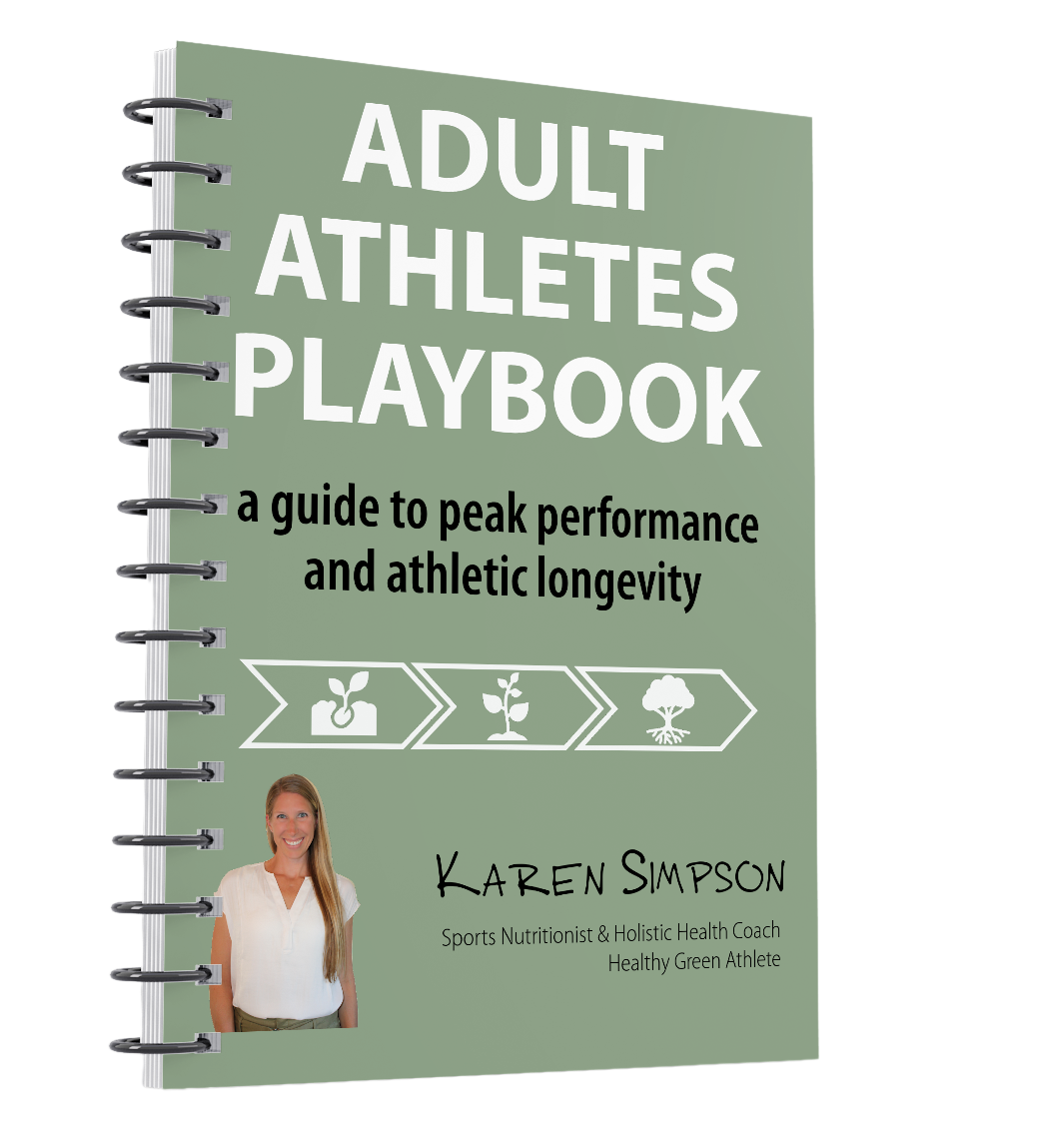
Adult Athletes Playbook
A Guide to Peak Performance and Athletic Longevity
This playbook will help you develop and implement a personalized game plan for improving athletic performance.


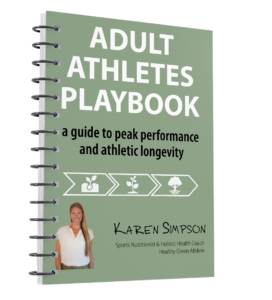



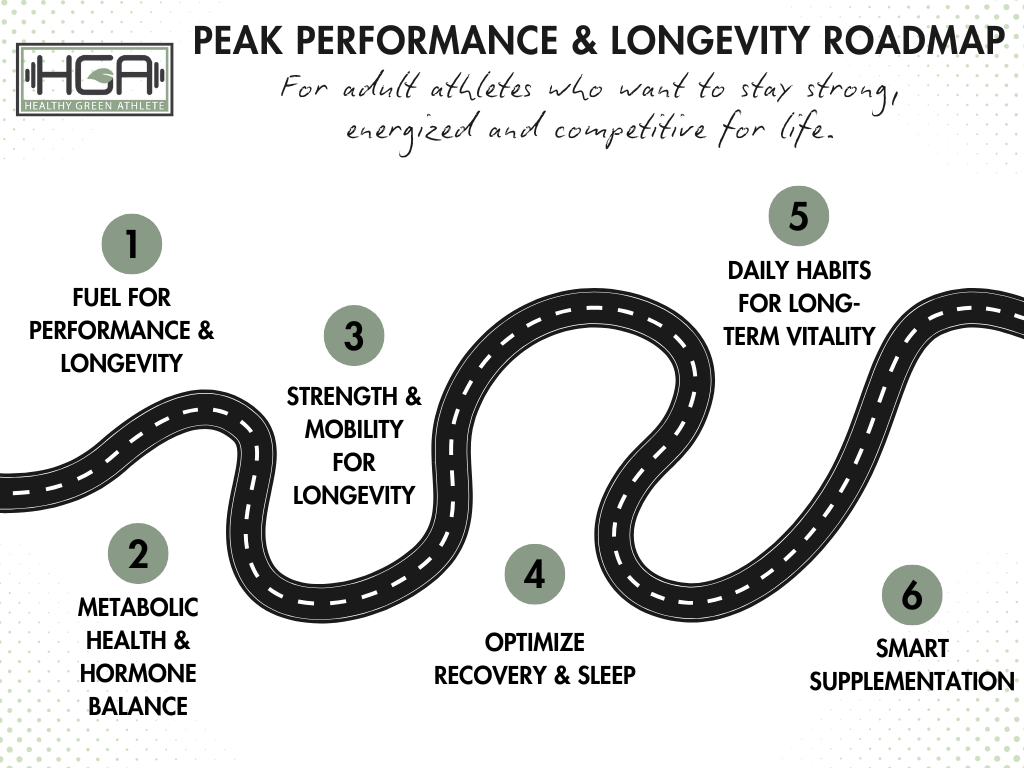

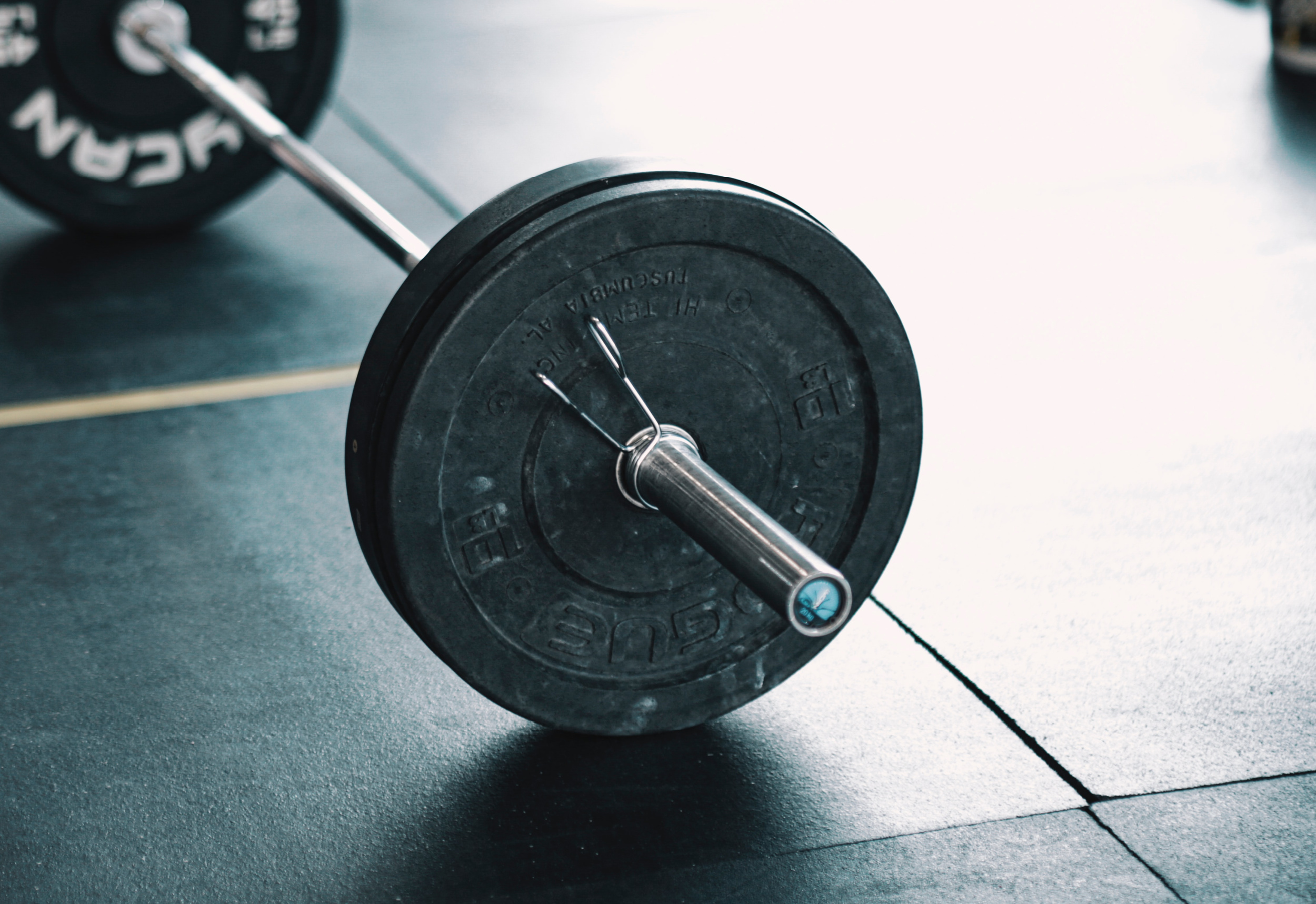




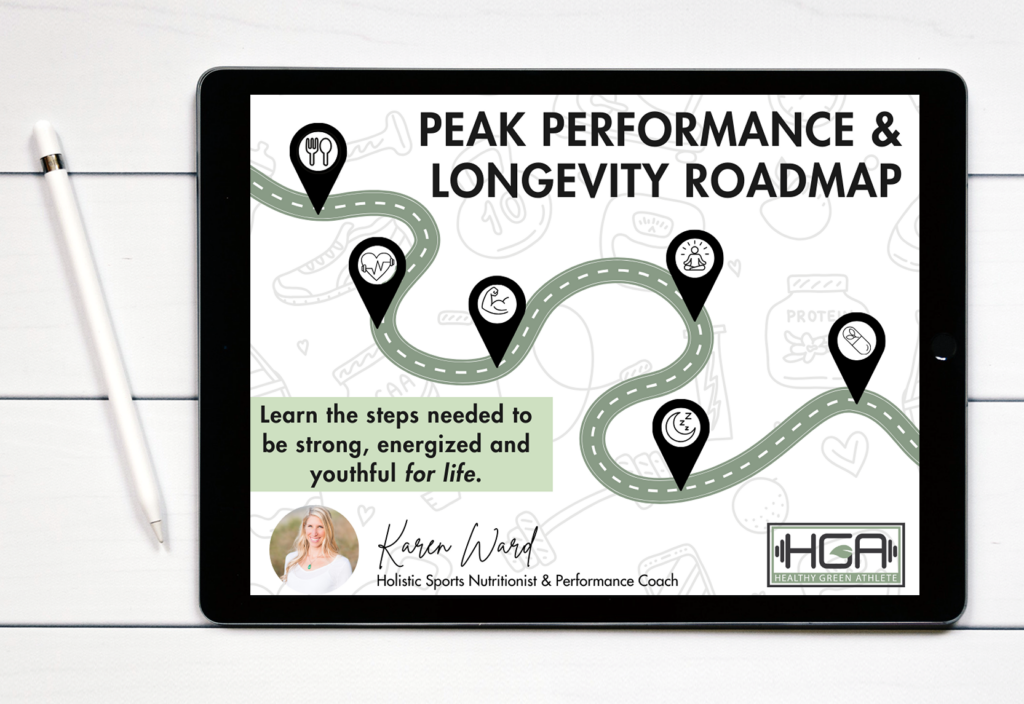
One Comment
Pingback: